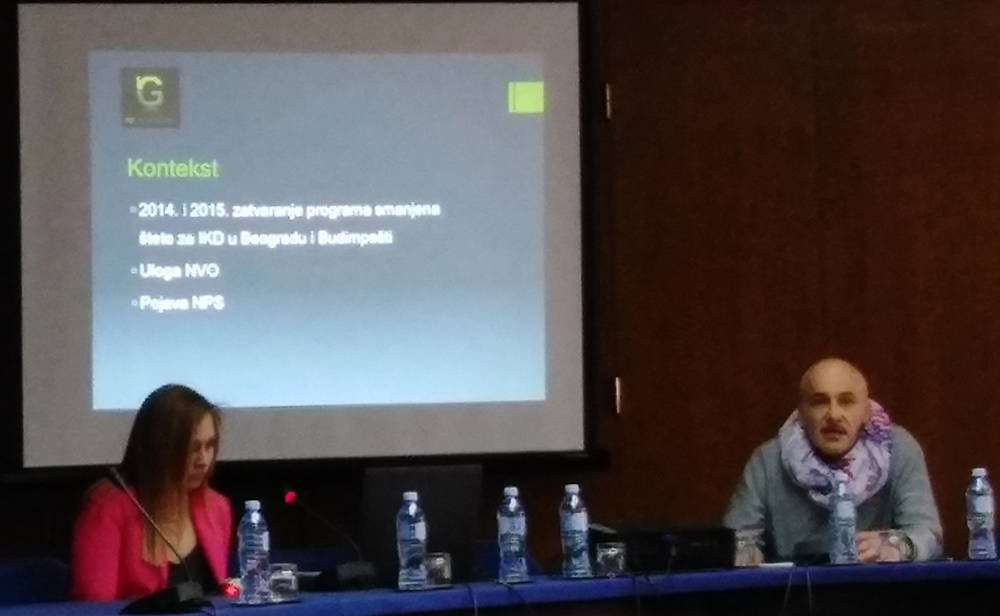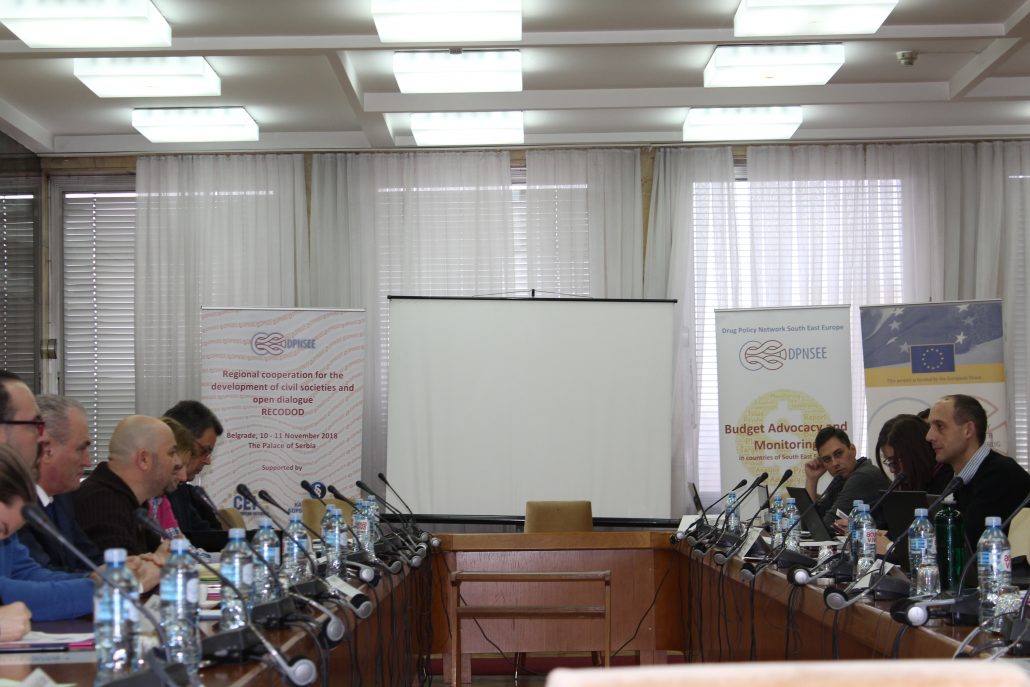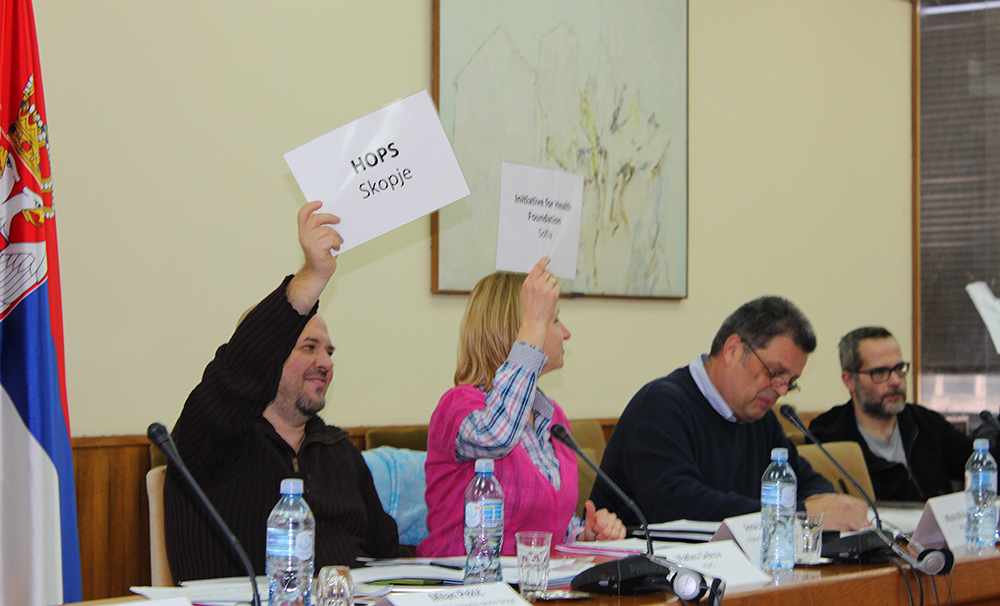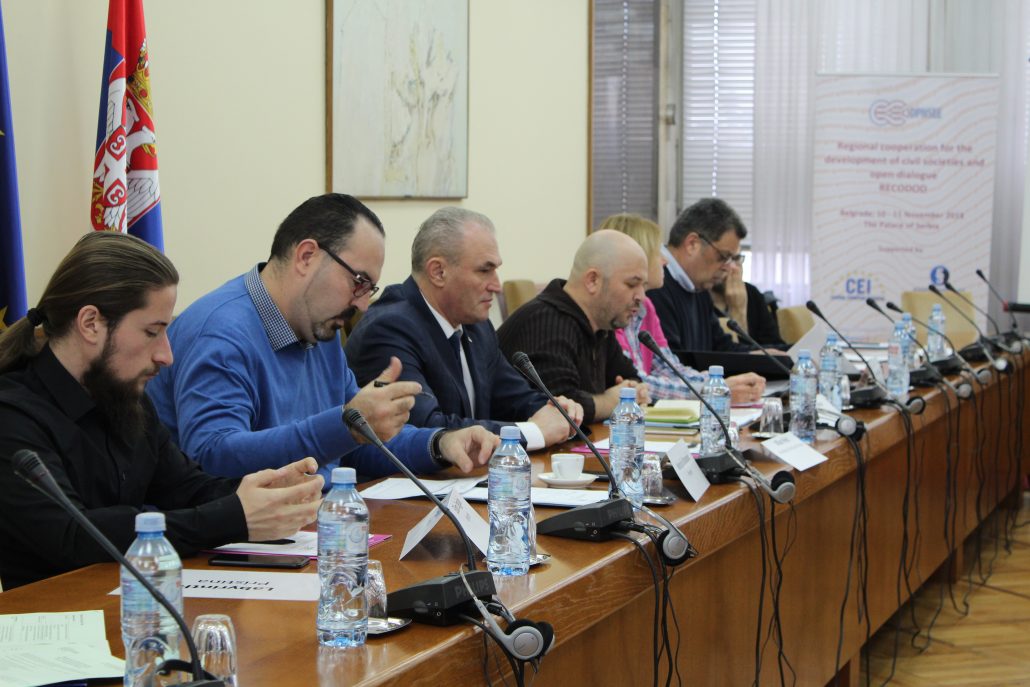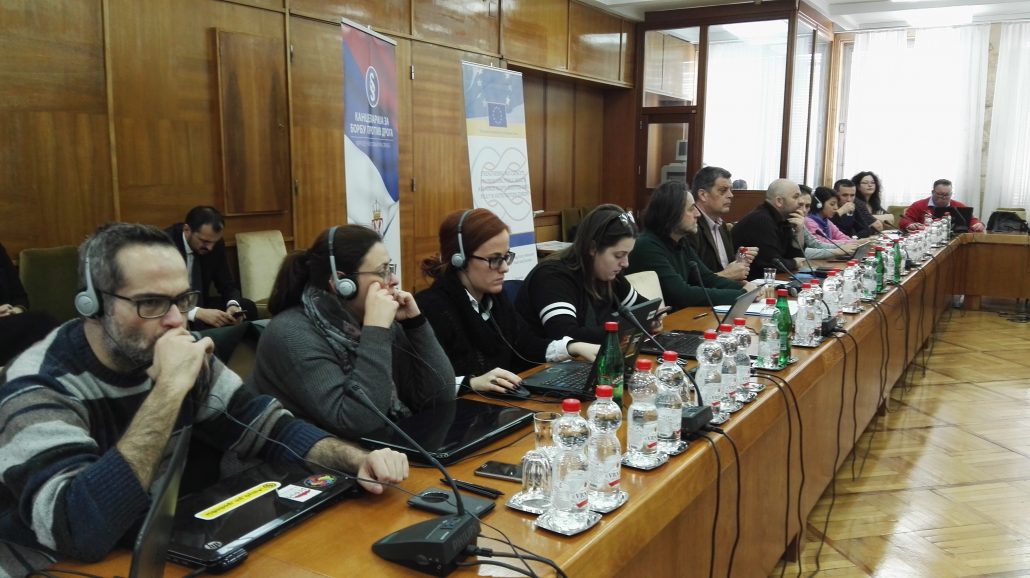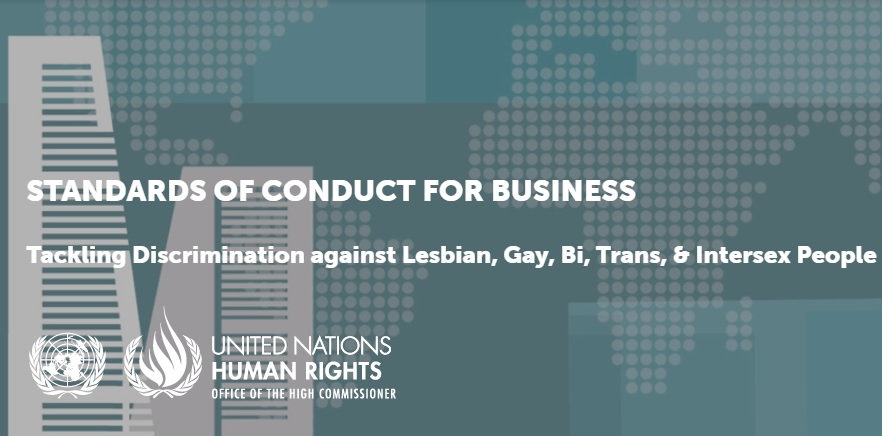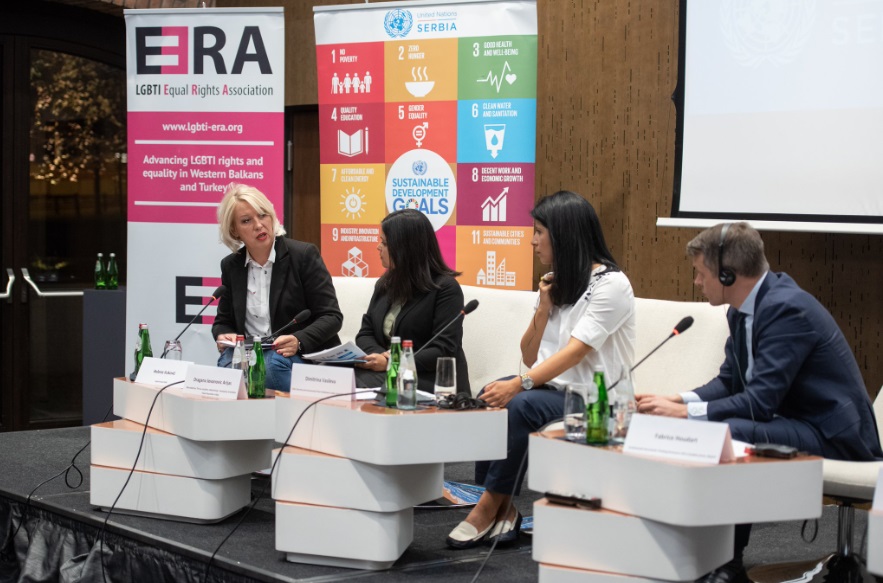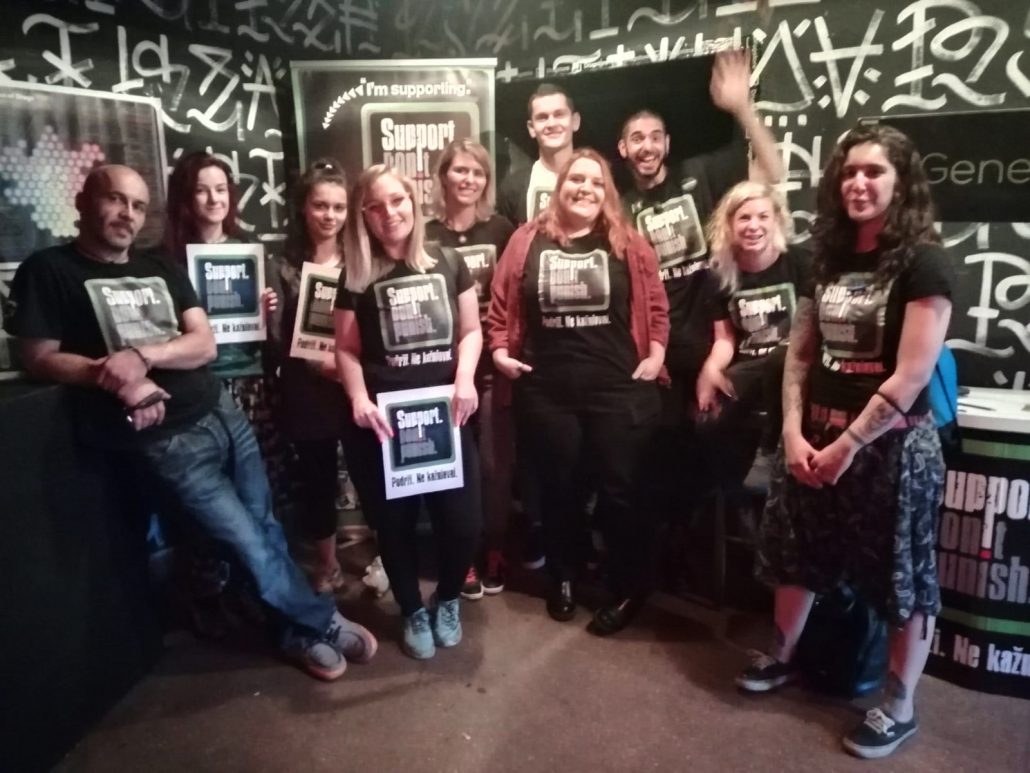With the support from the Central European Initiative (CEI) and funded through the European Union project, The Drug Policy Network South East Europe organised regular annual General Assembly on 10 December 2018 in The Palace of Serbia, in Belgrade, Serbia.
The participants at the Assembly were welcomed by Milan Pekić, Director of the Office for Combating Drugs of the Government of the Republic of Serbia. In their short opening speeches, Mr Pekić and the President of the Board of the Network Vlatko Dekov emphasized the importance of partnership in achieving the aim of effective drug policies.
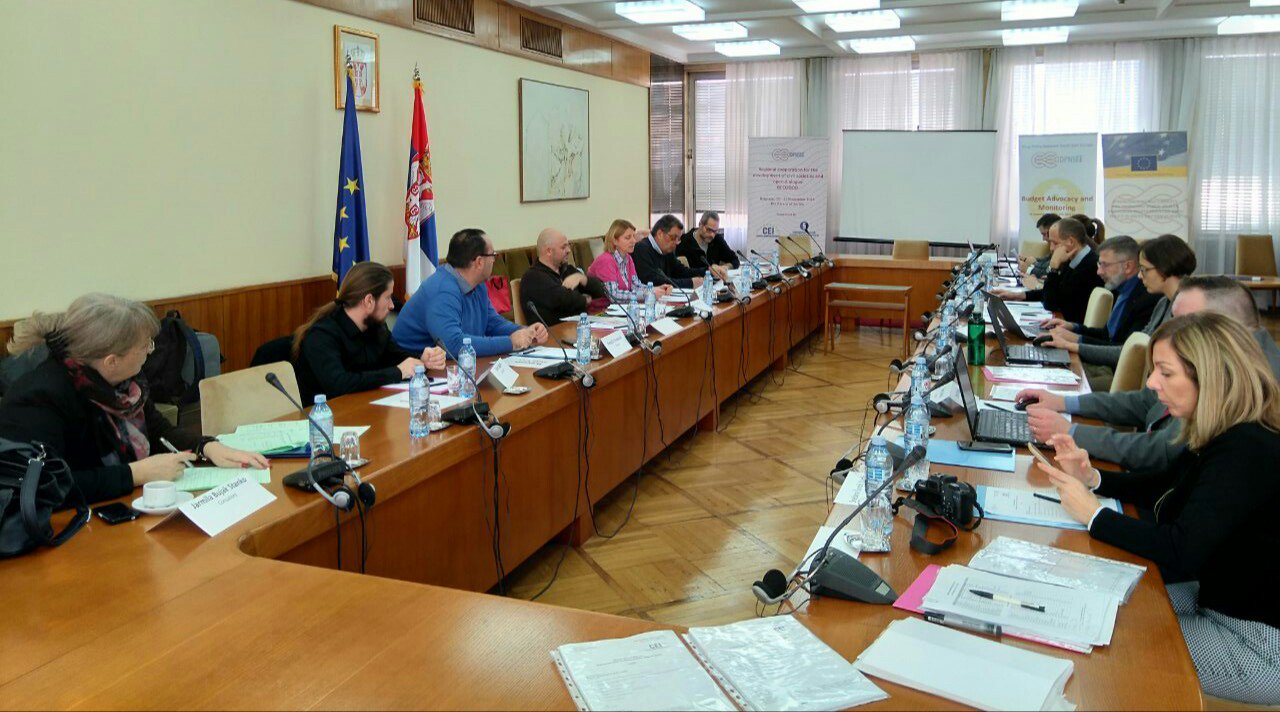
The participants held voting rights from 16 out of 22 ordinary member organisations. That provided the Assembly with the right to make qualified decisions, even those related to the amendments to the Statute.
 The Assembly was chaired by Anna Lyubenova, representative of the member organisation Initiative for Health Foundation from Bulgaria.
The Assembly was chaired by Anna Lyubenova, representative of the member organisation Initiative for Health Foundation from Bulgaria.
During the agenda point on membership issues, candidatures for membership from two organisations were discussed. The Assembly unanimously recognised as ordinary members Timok Youth Center from Zaječar, Serbia and Center for Human Policy from Sofia, Bulgaria. The Network now has 24 ordinary and 2 associate member organisations.
The General Assembly discussed the Operational and financial report for 2018 and elements for the Action plan and the Financial plan for 2019. The General Assembly welcomed the reports. They will be completed with the activities in December and then be adopted. The Assembly analysed the donor and funding trends and issues and concluded that, based on donor research, negotiation and exchange, no funding from EU for the Network can be expected for 2019 and some amounts can be obtained for year 2020, more project based. Funding plans and activities and possible issues that might be funded in 2019 include budget advocacy, the Network being the leader on the issue of quality of services in the region, redefining harm reduction and human rights element of the approach in work. The need for greater participation in relevant international events and DPNSEE taking role in organizing regional events were emphasized.
Nine candidates applied for elections to the DPNSEE Board. The new Board includes Anna Lyubenova from Initiative for Health Foundation, Denis Dedajić from Margina, Marios Atzemis from Positive Voice, Nebojša Đurasović from Prevent, Safet Blakaj from Labyrinth, Sanja Šišović from Cazas and Vlatko Dekov from HOPS.
The Assembly decided to keep at the current positions Vlatko Dekov as the President, and Nebojša Đurasović as Vice-President.
More information about the elections are available following this link >>>
An external consultant Jarmila Bujak Stanko facilitated the strategic workshop through which participants analysed achievement of aims and objectives of the strategic plan adopted in 2016 and indicated in which way and by which activities the priorities will be followed in the next two years.
The General Assembly ended in a positive and friendly atmosphere with an improved sense of belonging to the Network.

 “The initiative to change the cannabis legislation” – Association IRKA, together with the Social cannabis club Beograd and cannabis vlog Domaćica, organised the Concert for Cannabis Decriminalisation on 4 May 2019, if front of the National Parliament in Belgrade, Serbia. The concert was dedicated to celebration of the International day for cannabis-related protests and events, known around the World as the “Weed Day”.
“The initiative to change the cannabis legislation” – Association IRKA, together with the Social cannabis club Beograd and cannabis vlog Domaćica, organised the Concert for Cannabis Decriminalisation on 4 May 2019, if front of the National Parliament in Belgrade, Serbia. The concert was dedicated to celebration of the International day for cannabis-related protests and events, known around the World as the “Weed Day”.



